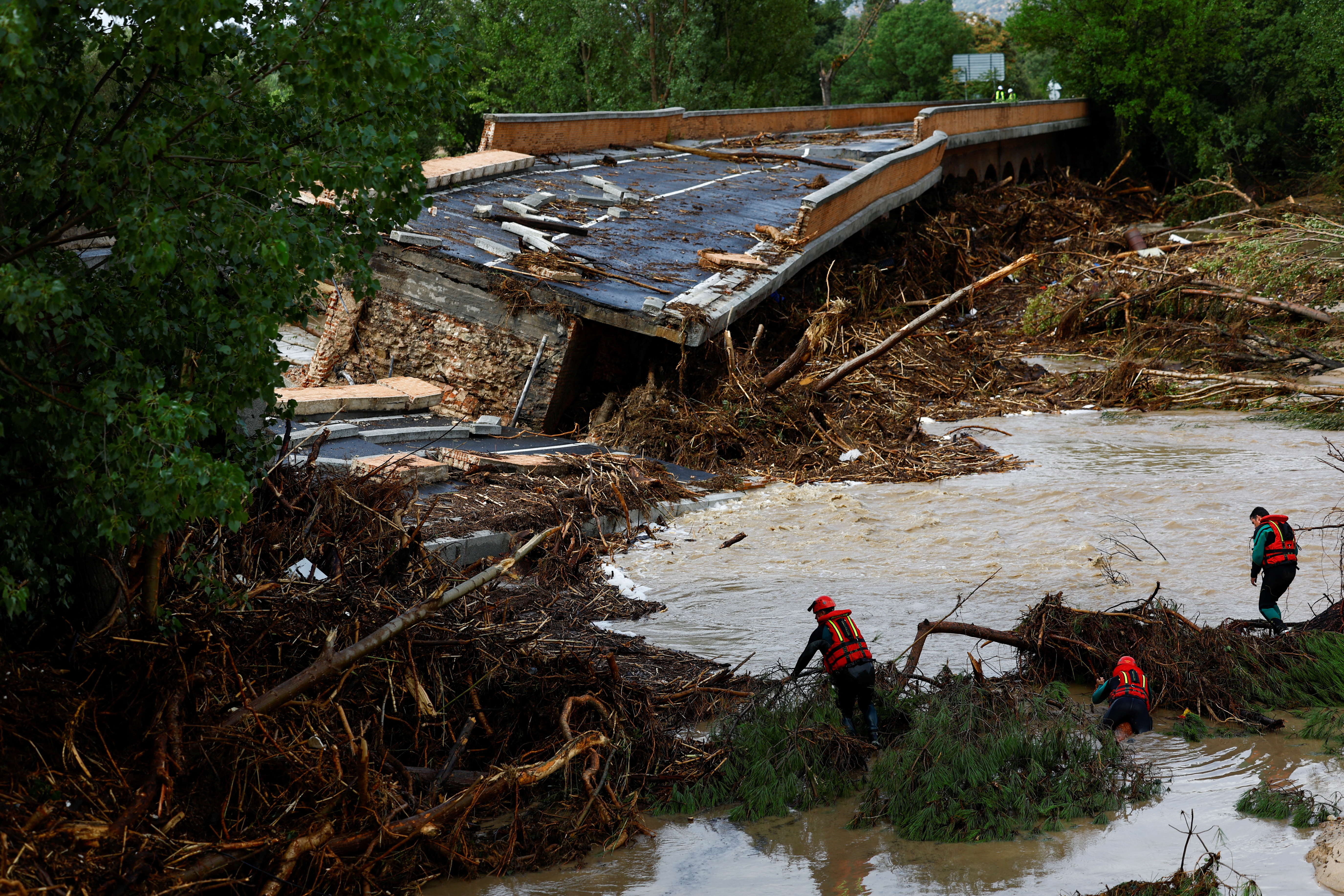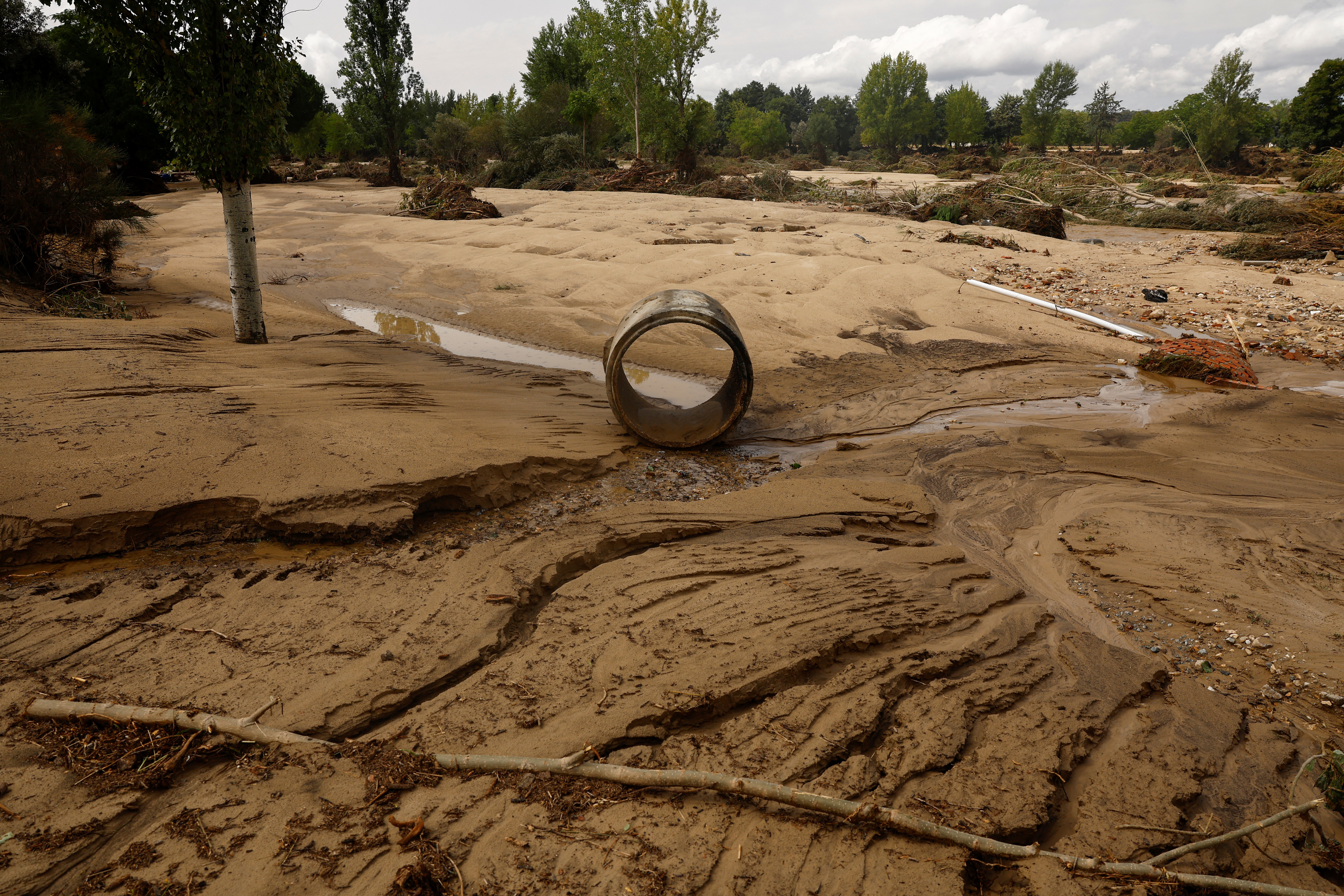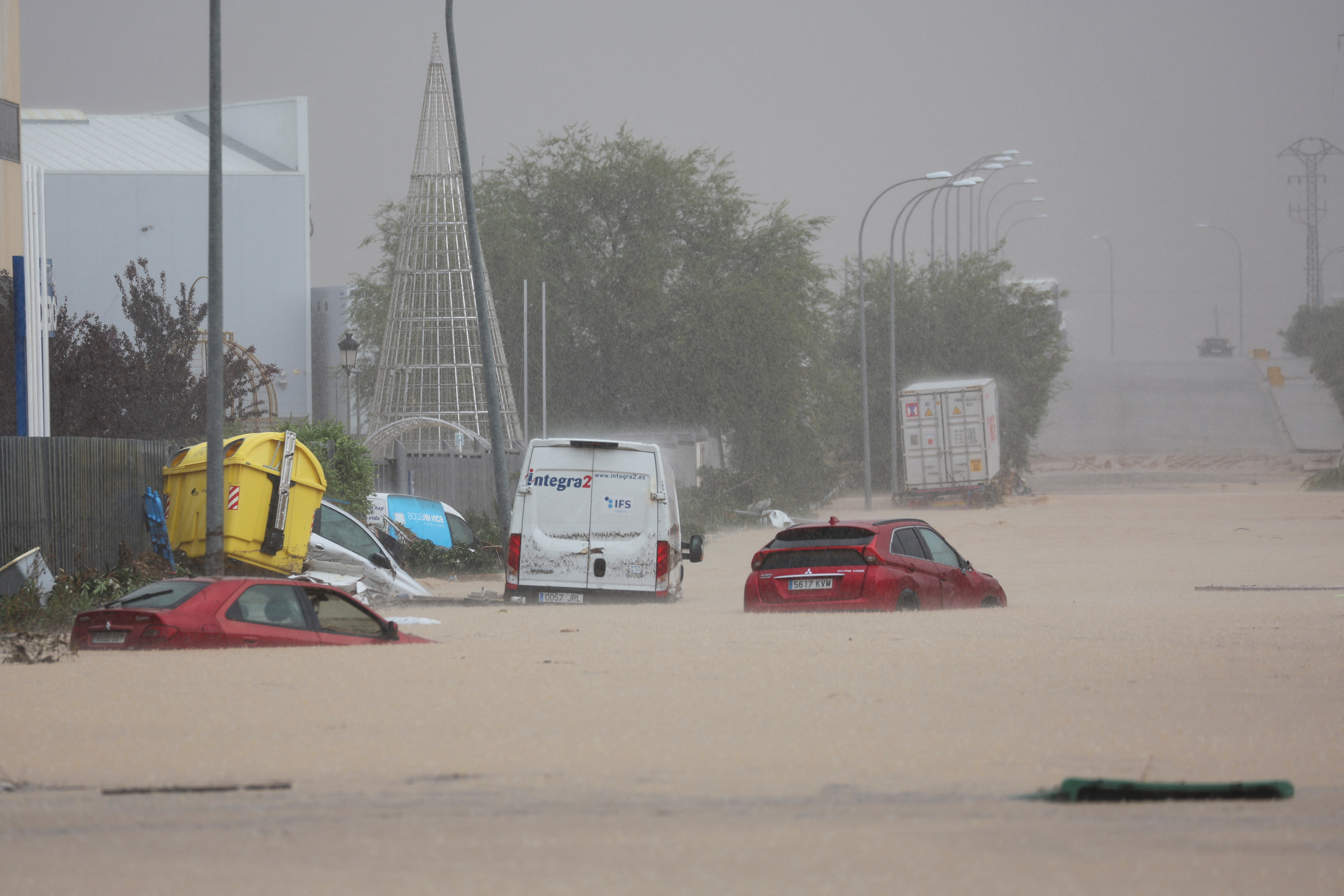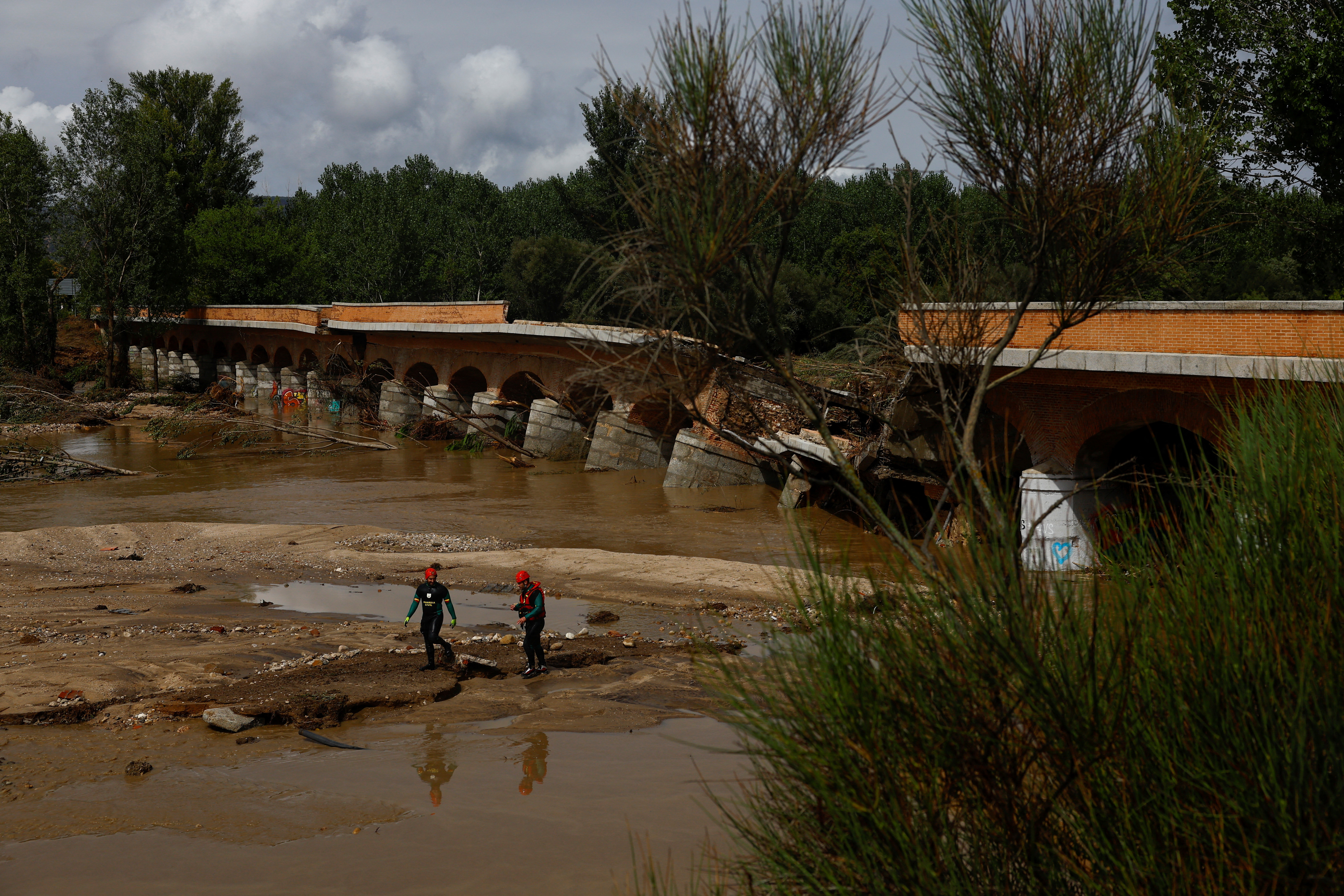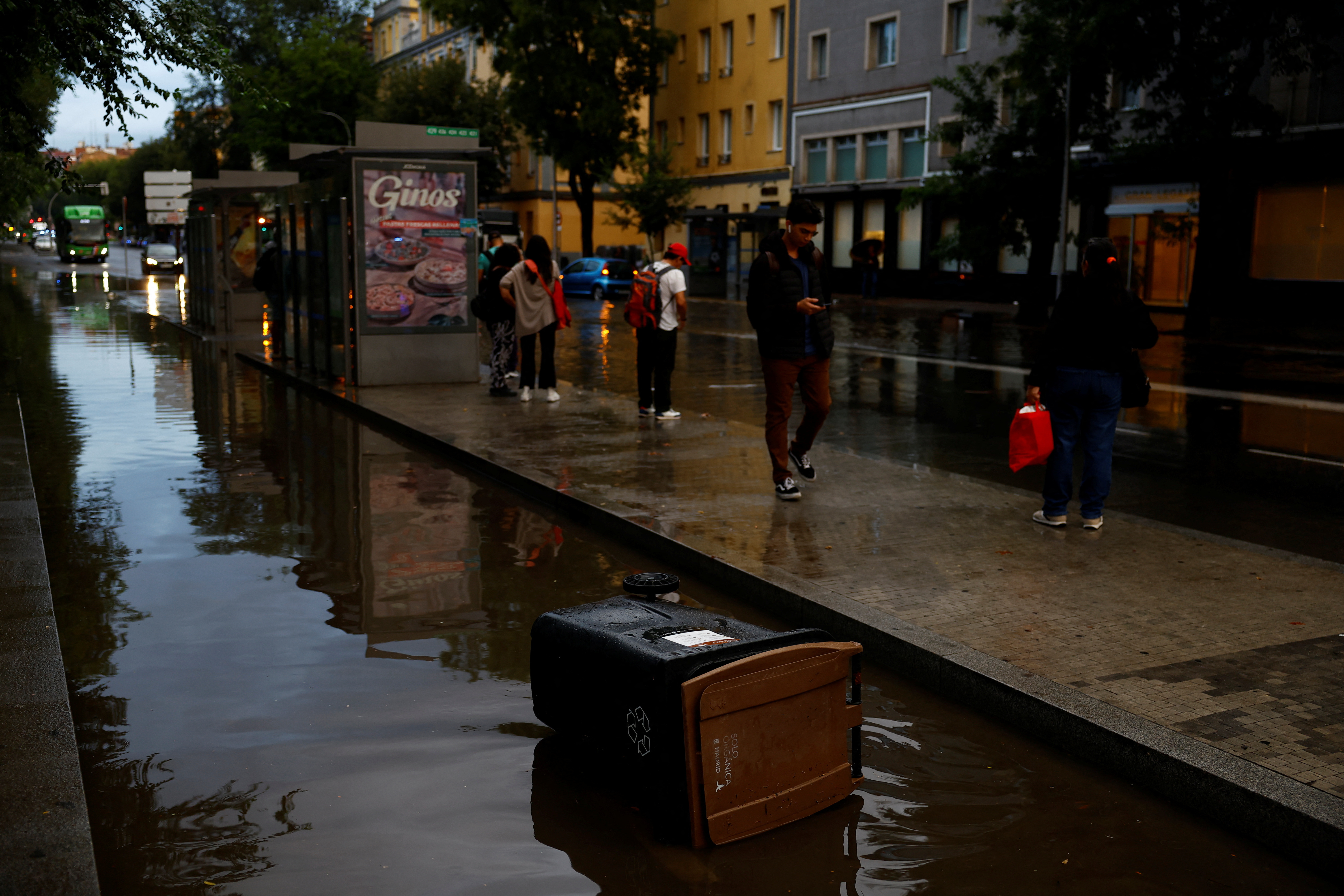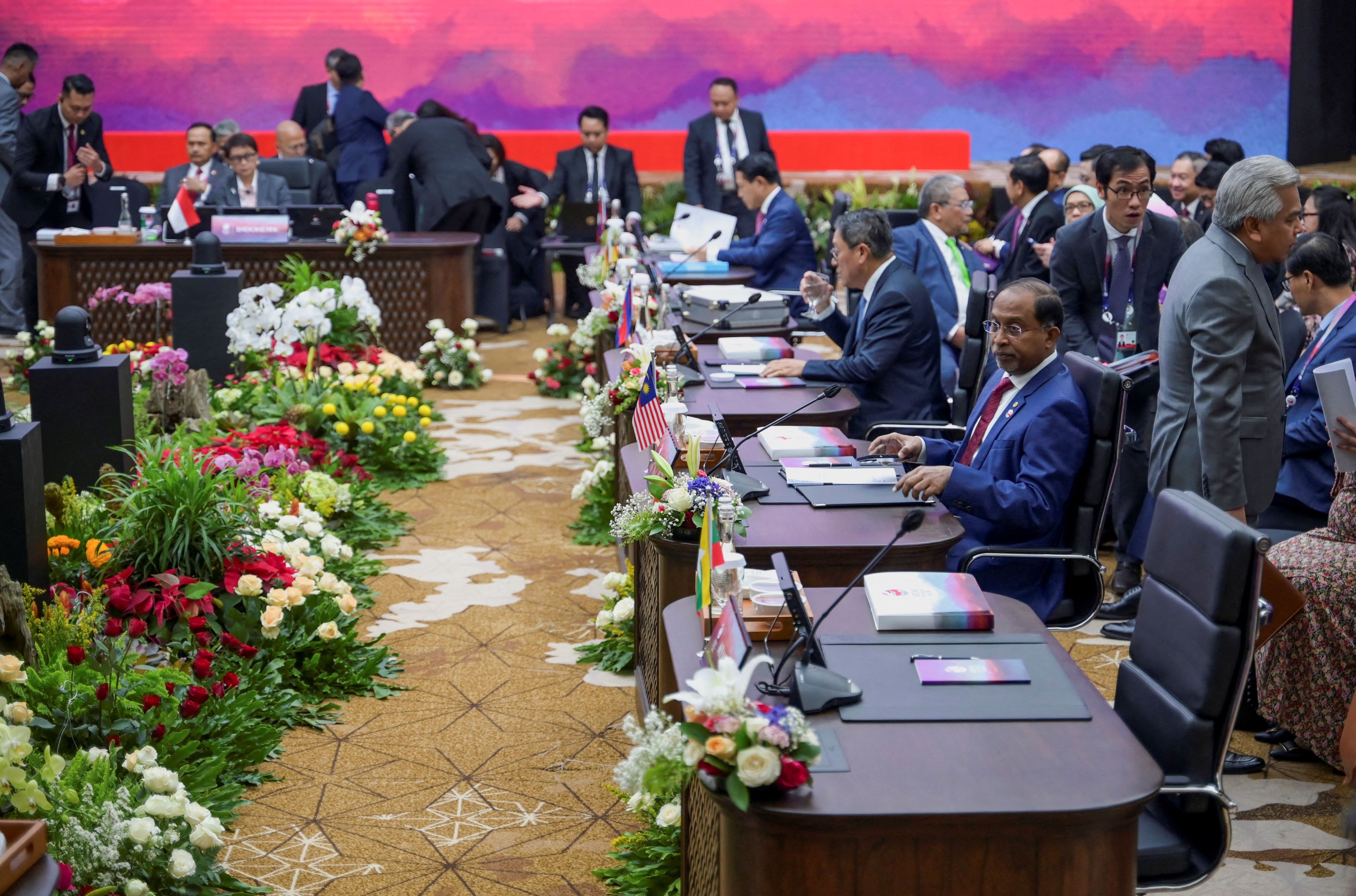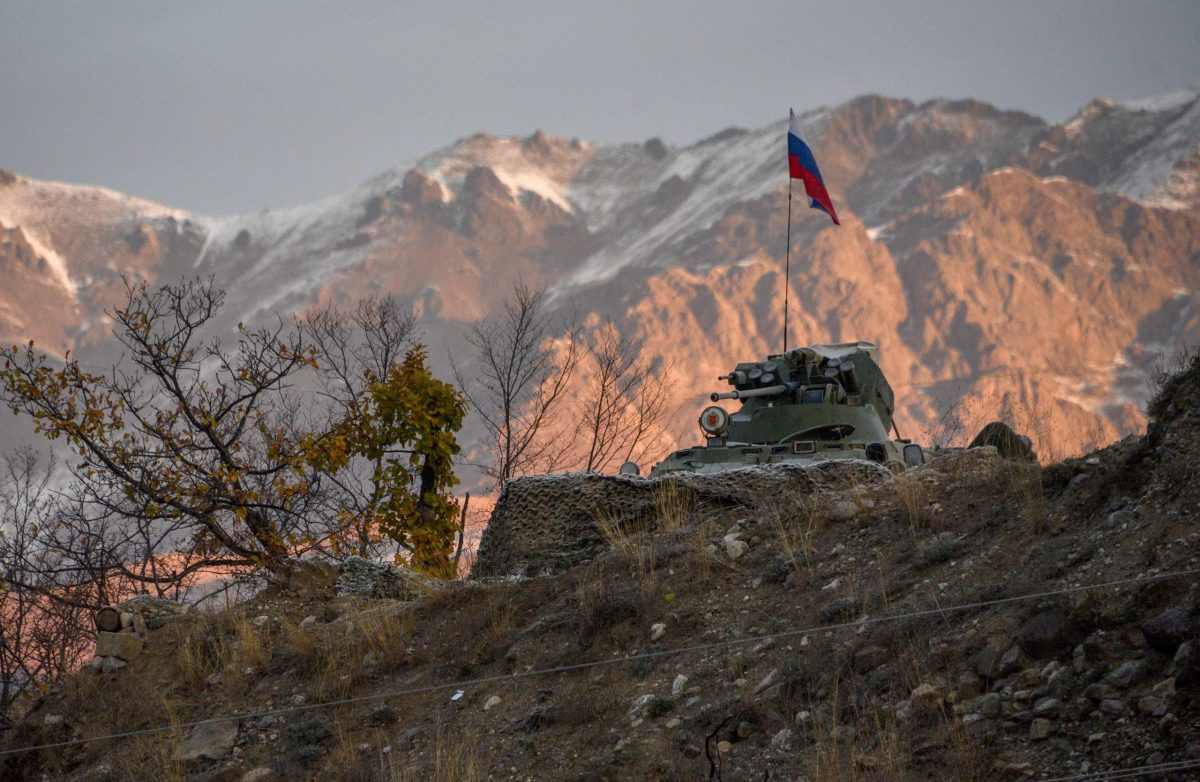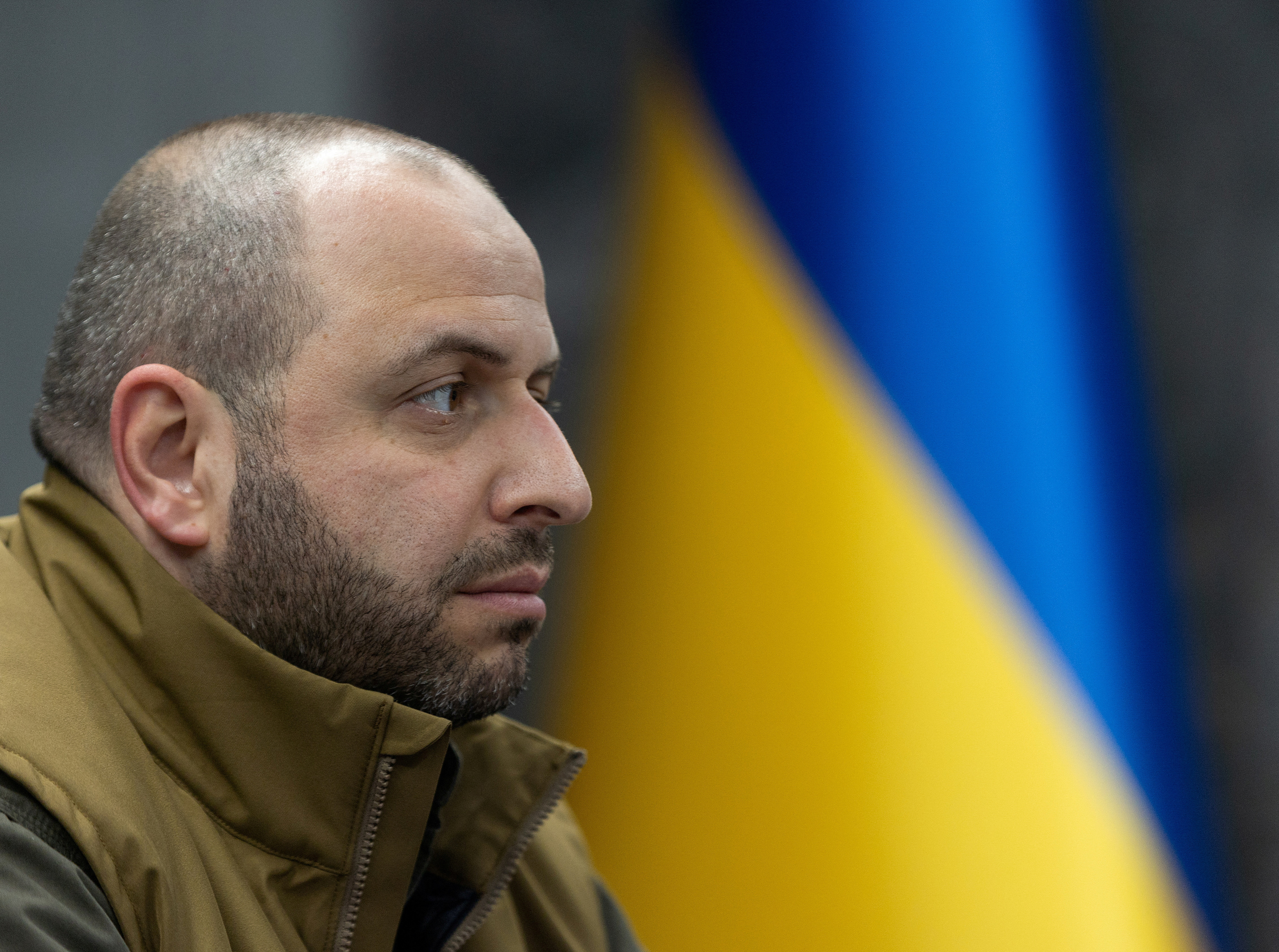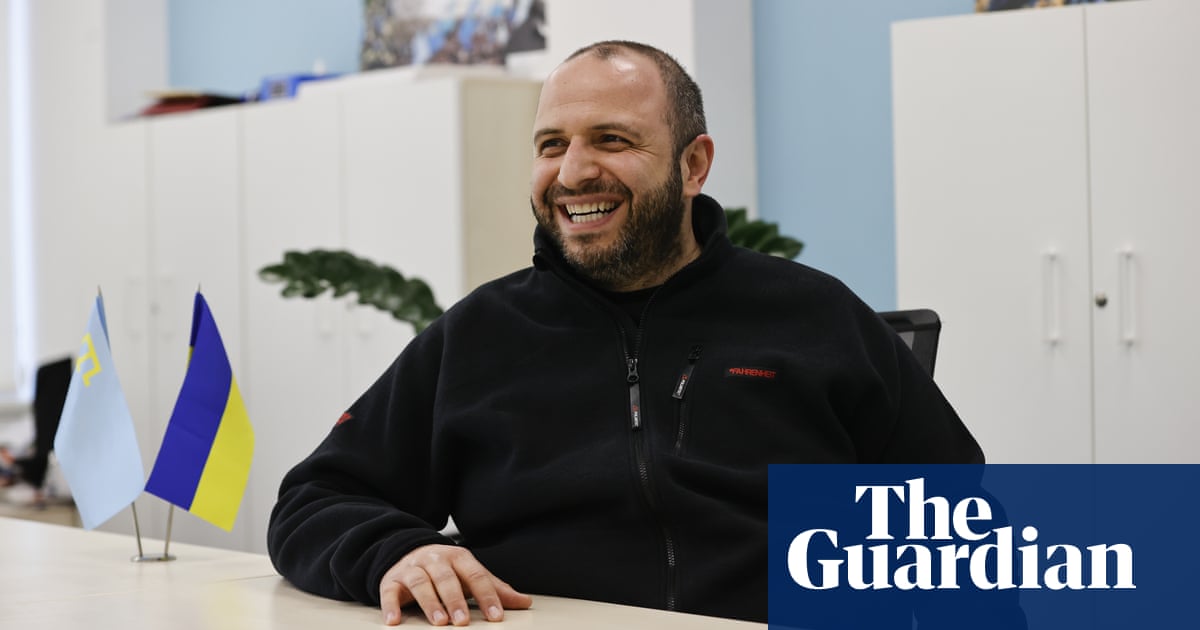The South Caucasus has consistently occupied a pivotal position within Turkish foreign policy. This significance has been underscored by Türkiye’s deepening influence in the region, a trend that has gained momentum especially in the wake of the Second Karabakh War. With the recent re-election of Recep Tayyip Erdoğan to the Presidency of the country, it is certain that Ankara will continue its active engagement in the South Caucasus. However, a nuanced analysis is imperative to fully grasp the multi-pronged approach that Türkiye has adopted in its dealings with this region. This strategy involves complex engagements with Azerbaijan, Armenia, and Georgia, offering a perspective through which the intricate web of geopolitical challenges can be unraveled.
In this op-ed for commonspace.eu, Simona Scotti says that “this dynamic foreign policy stance also underscores the significance of the South Caucasus in extending Turkish influence to Central Asia. In recent years, the growing importance of this region has garnered significant attention, not only for Türkiye but also for Europe. Situated at the crossroads of continents, Central Asia has emerged as a hub of economic potential, strategic significance, and cultural exchange. Türkiye, with its historical ties and shared Turkic heritage, recognizes the value of strengthening its relations with Central Asian countries. In this endeavor, the South Caucasus instrumentally serves as a vital corridor that connects Türkiye to the heart of Central Asia, bridging the physical and logistical gaps that might otherwise hinder closer ties. Consequently, the South Caucasus assumes a pivotal role in Türkiye’s efforts to foster deeper diplomatic, economic, and cultural connections with Central Asia, ultimately benefiting both Türkiye and Europe by promoting regional cooperation and diversification of partnerships.”
Reshaping Turkish Leadership: Hakan Fidan’s Appointment and Ankara’s New Global Outlook
In the wake of the re-election victory, Hakan Fidan’s rather surprise appointment as the new Minister of Foreign Affairs highlights the significant reshuffling of Turkish President Erdoğan’s ministerial cabinet. Fidan’s twelve-year tenure as the head of Türkiye’s intelligence services, where he held the role of the country’s foremost “spymaster”, preceded his current position. Fidan’s extensive experience in intelligence operations and national security has led many analysts to conclude that his appointment signals Ankara’s intent to adopt a more assertive posture on both regional and global fronts.
Under Erdoğan’s leadership in recent years, Türkiye has grown in influence in the South Caucasus. In this particular context, Fidan’s appointment implies Türkiye’s aspirations to cement its presence within the region and establish itself as a significant stakeholder in cooperation with Russia. Given Russia’s dwindling regional influence amidst the ongoing conflict with Ukraine, this renewed strategy takes on even greater importance, and Türkiye is increasingly acknowledged as a noteworthy player capable of countering and challenging the influence of Russia.
Strengthening Ties with Azerbaijan
In a symbolic move, Erdoğan embarked on a visit to Azerbaijan on June 12th, just days after securing his re-election. Traditionally, the first foreign visit for a newly elected Turkish president is to the self-declared Turkish Republic of Northern Cyprus, and Azerbaijan is the second destination. The choice to prioritize Azerbaijan highlights the strategic importance of the South Caucasus region in Türkiye’s foreign policy portfolio. The visit to Azerbaijan was a testament to the deep-rooted bonds between the two Turkic nations, which were further reinforced during and after the Second Karabakh War when Ankara offered a large political and military support to Baku.
Notably, the deployment of Turkish officers at the Joint Turkish-Russian Monitoring Center in Ağdam, established to monitor the violations of the ceasefire agreement between Armenia and Azerbaijan, highlighted Türkiye’s active role in the security of the South Caucasus This involvement solidifies Türkiye’s position as a key player in the region. Russia’s decision to share duties in the monitoring center evidenced Moscow’s acknowledgment of Türkiye’s relevance in the South Caucasus, which goes against traditional expectations of Russian dominance in the area.
As for the ongoing crisis in Karabakh triggered by the closure of the Lachin corridor connecting the region to Armenia, Fidan expressed support for Azerbaijan’s actions as a sovereign right of Baku. This vocal backing portrays Turkish allegiance to Azerbaijan as unwavering.
Türkey-Armenia Relations and Regional Realignment
The unexpected attendance of Armenian Prime Minister Nikol Pashinyan at Erdoğan’s inauguration ceremony went beyond a mere ceremonial gesture; it was a strategic maneuver that unveiled the shifting dynamics between Türkiye and Armenia, two countries historically marred by strained relations. By extending an invitation to the Armenian leader, Erdoğan not only recognized the importance of maintaining open channels of communication, but also signaled his country’s willingness to bridge the historical divide that has long defined the Turkish-Armenian relations.
On the other hand, Pashinyan’s decision to attend the inauguration ceremony carried significance from Armenia’s perspective as well. Yerevan’s presence at the event conveyed an aspiration to diversify its foreign relations beyond its traditional reliance on Russia. For Armenia, cultivating relations with Türkiye offers an avenue to reduce its overdependence on Moscow, which has historically played a dominant role in Armenian affairs. This strategic diversification aligns with Pashinyan’s broader goal of steering Armenia towards a more independent foreign policy that safeguards its sovereignty and positions it as an active participant in regional dynamics.
In late June, Pashinyan and Erdoğan had a breakthrough phone call. During the call, they extended greetings for their respective religious holidays and commented on the ongoing efforts to normalize bilateral relations. However, the key challenge in establishing relations between Armenia and Türkiye is the stance of Baku, and every effort Türkiye makes to improve relations with Armenia remains closely coordinated with Azerbaijan. Therefore, the normalization process between Ankara and Yerevan goes hand in hand with the one between Yerevan and Baku.
Türkiye-Georgia Nexus
The congratulatory message from Georgia’s Prime Minister Irakli Garibashvili to President Erdoğan upon his re-election underscores the pivotal nature of their bilateral relationship, encompassing economic, security, and strategic dimensions.
Türkiye’s role as Georgia’s main trading partner holds considerable economic significance. The substantial trade turnover exceeding $2.8 billion in 2022 underscores Türkiye’s pivotal role in Georgia’s economic landscape. This economic interdependence amplifies Türkiye’s influence, as it plays a crucial role in supporting Georgia’s economic growth and stability. The exchange of goods and services between the two nations forms the backbone of their partnership, fostering prosperity and mutual development.
However, the bilateral relationship extends far beyond economic considerations. Georgia’s geographic proximity to Russia’s sphere of influence amplifies the imperative for strong alliances to ensure its security and stability. Recognizing the strategic value of collaborating with a NATO member and regional heavyweight like Türkiye, Georgia seeks to fortify its security posture through this partnership. Türkiye’s active involvement in NATO further accentuates its role as a guarantor of regional security, making it a crucial ally for Georgia in mitigating potential threats. Moreover, Türkiye’s steadfast support for Georgia’s aspirations to join NATO adds another layer of significance to their bilateral relations.
A Strategic Interplay
Erdoğan’s post-re-election foreign policy approach towards the South Caucasus encapsulates Türkiye’s multifaceted strategies. As Türkiye navigates the complex South Caucasus geopolitical landscape, its evolving policy signals a proactive and dynamic engagement with the region. This approach not only enhances Türkiye’s regional influence but also underscores its ambition to secure a broader role on the global stage, leveraging opportunities presented by shifting international dynamics. The region’s evolving alliances and partnerships are likely to shape the South Caucasus’ future trajectory and its place in the broader arena of international relations.
This dynamic foreign policy stance also underscores the significance of the South Caucasus in extending Turkish influence to Central Asia. In recent years, the growing importance of this region has garnered significant attention, not only for Türkiye but also for Europe. Situated at the crossroads of continents, Central Asia has emerged as a hub of economic potential, strategic significance, and cultural exchange. Türkiye, with its historical ties and shared Turkic heritage, recognizes the value of strengthening its relations with Central Asian countries. In this endeavor, the South Caucasus instrumentally serves as a vital corridor that connects Türkiye to the heart of Central Asia, bridging the physical and logistical gaps that might otherwise hinder closer ties. Consequently, the South Caucasus assumes a pivotal role in Türkiye’s efforts to foster deeper diplomatic, economic, and cultural connections with Central Asia, ultimately benefiting both Türkiye and Europe by promoting regional cooperation and diversification of partnerships.
source: Simona Scotti is an expert on the South Caucasus, Turkish security policies, energy and connectivity. She contributed this op-ed for commonspace.eu

